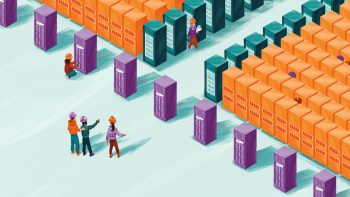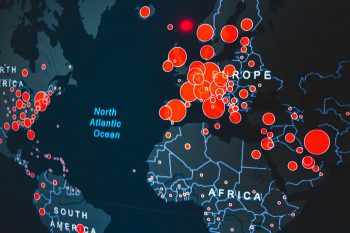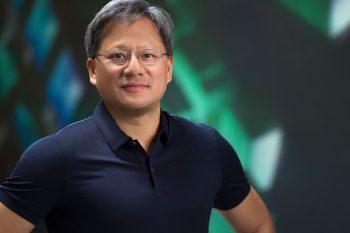Google no longer accepts deepfake projects on Colab
Google has added “creating deepfakes” to its list of projects that are banned from its Colab service.
Colab is a product from Google Research that enables AI researchers, data scientists, or students to write and execute Python in their browsers.
With little fanfare, Google added deepfakes to its list of banned projects.
Deepfakes use generative neural network architectures – such as autoencoders or generative adversarial networks (GANs) – to manipulate...

















